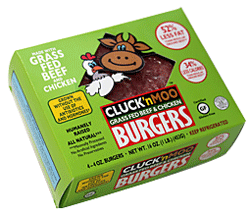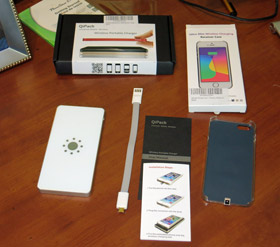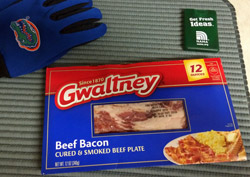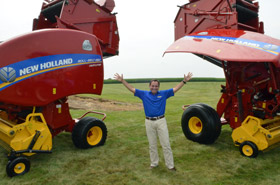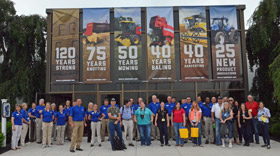 It’s down to the wire in the final push for the Missouri Right to Farm amendment and the opposition, led by the Humane Society of the United States is pulling out all the stops.
It’s down to the wire in the final push for the Missouri Right to Farm amendment and the opposition, led by the Humane Society of the United States is pulling out all the stops.
“Humane Society of the US has put in nearly a half a million dollars in (opposition to) the issue,” says Missouri Farm Bureau president Blake Hurst. “They’re sponsoring all the ads that are pretty prevalent on Missouri TV as we go into the last few days of the campaign.”
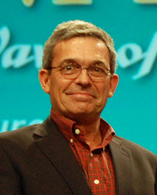 Hurst says opponents to the Amendment 1 have 40 contributors, while the pro-amendment side literally has thousands. “It’s a false charge to say this is being backed by large corporate farms. It isn’t, it’s farmers,” he said. “Our average contribution is $75 – there you go, that’s our large corporate backers.”
Hurst says opponents to the Amendment 1 have 40 contributors, while the pro-amendment side literally has thousands. “It’s a false charge to say this is being backed by large corporate farms. It isn’t, it’s farmers,” he said. “Our average contribution is $75 – there you go, that’s our large corporate backers.”
The amendment simply reads “Shall the Missouri Constitution be amended to ensure that the right of Missouri citizens to engage in agricultural production and ranching practices shall not be infringed?” Hurst says opponents have charged that it will give agriculture a “blank check” and even invalidate federal laws like the Clean Water Act. “We’ll continue to be regulated,” he said. “We can’t possibly change (federal regulations) and the state regulations that are in place will stay in place.”
One other state, North Dakota, passed a similar amendment two years ago and Hurst remains confident that they will be successful in the vote tomorrow. Interview with Missouri Farm Bureau president Blake Hurst

